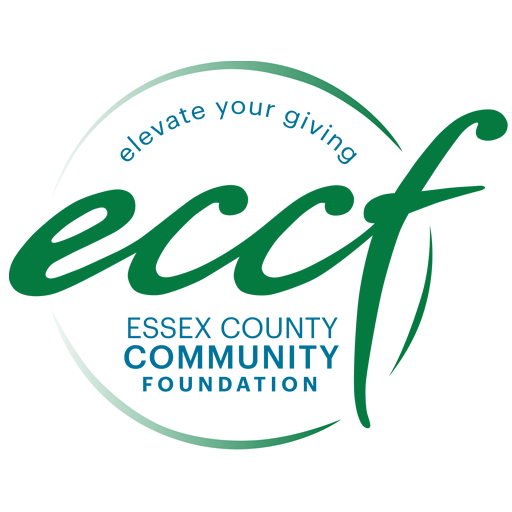COLUMN IN THE SALEM NEWS
By Stratton Lloyd and Michelle Xiarhos Curran
SEE ORIGINAL COLUMN IN THE SALEM NEWS HERE.
As a society, we invest in roads and buildings, in water and electric systems because they are vital to our economic development and prosperity. So are people. But do we invest effectively in our human infrastructure?
ECCF believes that diverse, cross-sector leadership is the key to resiliency, agility and the creation of collaborations vital to sustainable change. As the COVID-19 crisis continues to expose deeply rooted inequities in our systems, this leadership has become more important than ever before. That is why the foundation is intentionally exploring new investments in programs and initiatives that actively engage our communities, empower individuals to use their voices and inspire people to lead.
Investing in local, regional networks to help foster strong systems
On a recent Friday morning, 71 cross-sector leaders from three Massachusetts gateway cities gathered on the Haverhill campus of Northern Essex Community College – under tents in the early autumn sun – to kick off their participation in LEADS, an economic and leadership development program created here in Essex County by the Lawrence Partnership in conjunction with Harvard Business School faculty and staff.
“LEADS is an opportunity for participants to elevate their individual skills to better position their businesses and organizations for growth while also building capacity for more effective and connected civic leadership to tackle issues at the community level,” said Derek Mitchell, executive director of the Lawrence Partnership.
Piloted in 2018 in Lawrence, the program has now been scaled to include the cities of Haverhill and Lowell through incubation by the Lawrence Partnership. Over the next few months, Leads will engage this diverse group of community, business, nonprofit and government leaders – 57% of whom are people of color and 52% of whom are women – in executive level training on leadership and collaboration. Participants will work within their individual community cohorts, and as a larger cluster, to gain cross-sector perspective, brainstorm and implement solutions to community-based challenges, and build trusted relationships.
Ultimately, LEADS aims to create more equitable, resilient and thriving communities by leveraging this newfound connectivity to more efficiently solve local and regional issues at their roots. ECCF believes deeply that a strong community ecosystem built on trust is the most powerful way to create sustainable solutions that work for all. That’s why we’re proud to invest in programs, like LEADS, that bring people and organizations together in a meaningful and intentional way.
For more information about LEADS, please visit leadsma.org.
Engaging youth in the election process
Just 46.1% of eligible voters ages 18-29 cast a ballot in the 2016 presidential election. Recent data suggests that it’s not a lack of interest that’s keeping young people away from the polls, but rather a gap in the system that neglects young voters, especially those from low-income communities. An increase in access to basic voting information, simplifying the voter registration process and reimagining civics education, experts say, should all be part of a comprehensive plan to engage young people in the political process.
To help ensure our Essex County young people exercise their voices – not just during times of crisis, but always – ECCF recently partnered with nonprofits Generation Citizen and Common Cause to host a virtual event that outlined strategies for involving youth in the upcoming election. (Did you know that youth as young as 16 are eligible to serve as poll workers?) The event attracted both individual youth and organizations that serve them.
“Young people need to know that their voices are valued. This means including them in the process by arming them with the information they need,” said ECCF President and CEO Beth Francis. “By reaching out to youth with intention, we can empower them to lead and inspire them to sustain that involvement as they become adults.”
For information about specific ways to involve youth in the upcoming election, please visit eccf.org/news-events. You can also visit generationcitizen.org and commoncause.org.
Creating change in our communities and across Essex County cannot occur without also building the human infrastructure needed to make that change sustainable. That means drawing more people to the table, people with diverse perspectives who are empowered to connect in meaningful ways that inspire collaboration. By investing in programs and initiatives that foster that kind of relationship building and inclusion, we can tackle income inequality, food insecurity, the opioid crisis and every other social challenge that has been exacerbated in the face of the COVID crisis.
By investing in people, ECCF believes that the impossible can become possible.
Stratton Lloyd is executive vice president and COO at Essex County Community Foundation. Michelle Xiarhos Curran is the foundation’s communications writer.

